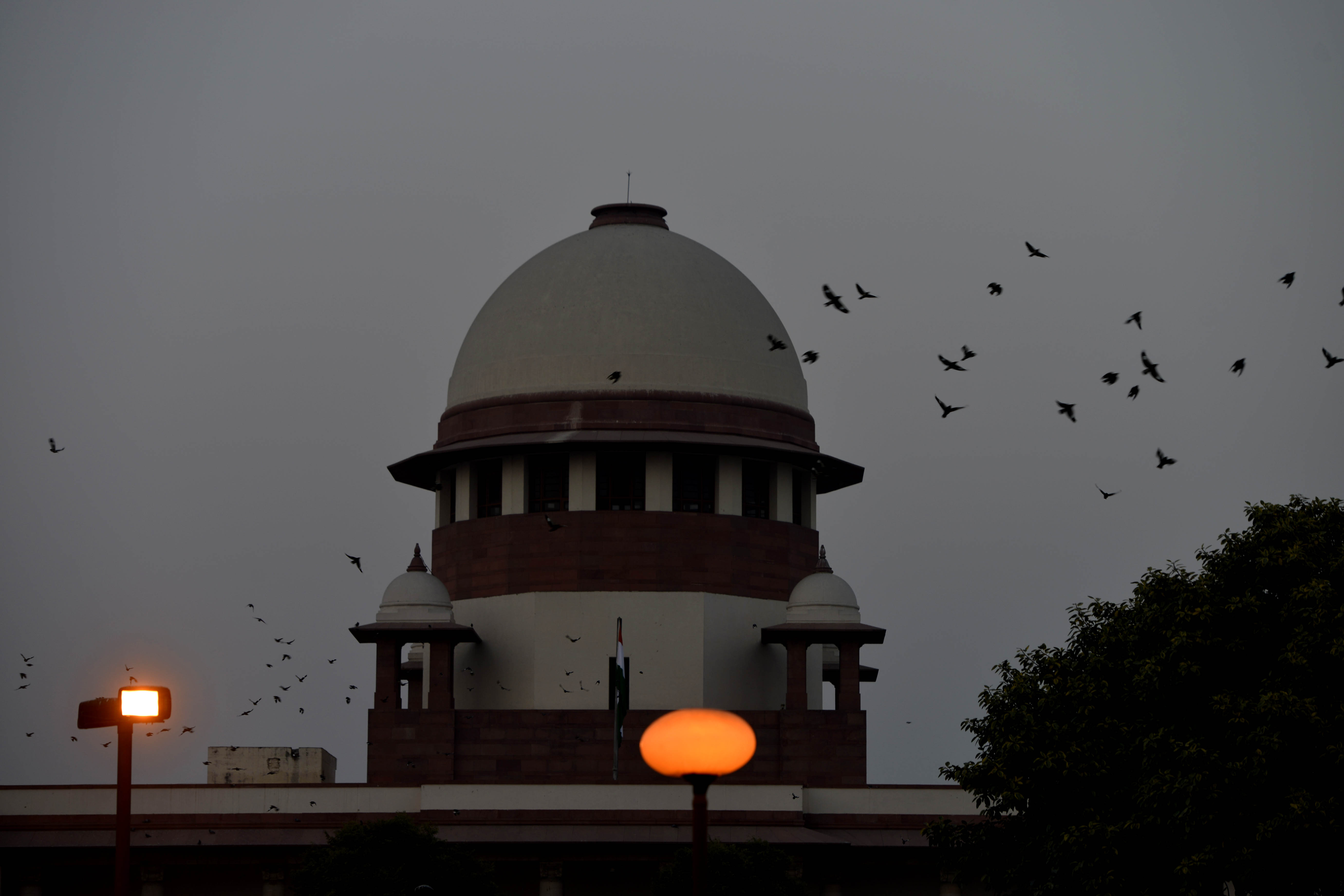A PIL has been filed in the Supreme Court challenging the constitutional validity of Article 370 of the Constitution, which grants special status to Jammu and Kashmir and limits Parliament's power to make laws concerning the state.
The plea has said the special provision was “temporary” in nature at the time of framing of the Constitution and Article 370(3) lapsed with the dissolution of the Jammu and Kashmir Constituent Assembly on January 26, 1957.
The plea, filed by Delhi BJP leader and lawyer Ashwini Kumar Upadhyay, also seeks a declaration from the apex court that the separate Constitution of Jammu and Kashmir is “arbitrary” and “unconstitutional” on grounds, including that it is against the “supremacy of the Constitution of India and contrary to dictum of 'One Nation, One Constitution, One National Anthem and One National Flag’”.
“The Constitution of Jammu and Kashmir is invalid mainly for the reason that the same has not yet got the assent of the President, which is mandatory as per provisions of the Constitution of India,” the plea, which may come up for hearing next week, said.
The petition, filed on Thursday through advocate R.D. Upadhyay, claims that the maximum life span of Article 370 was only until the existence of the Constituent Assembly, that was January 26, 1950, when the national document was adopted.
Article 370 is a “temporary provision” with respect to Jammu and Kashmir and restricts the applicability of various provisions of the Constitution by “curtailing” the power of Parliament to make laws on subjects that fall under the Union and Concurrent lists.
Consequently, it allows the state to accord special rights and privileges to the natives, the plea said.
It claimed that the Article empowers the state legislature to frame any law without attracting a challenge on the grounds of violation of the right to equality of people from other states or any other right under the Constitution.











